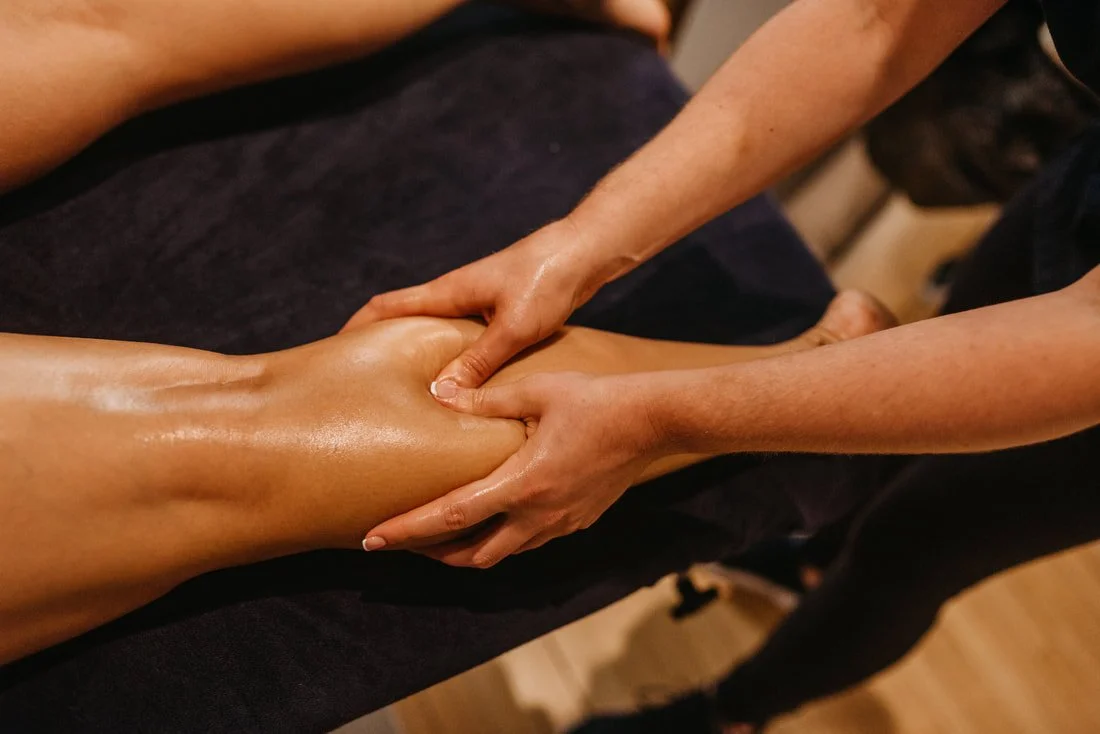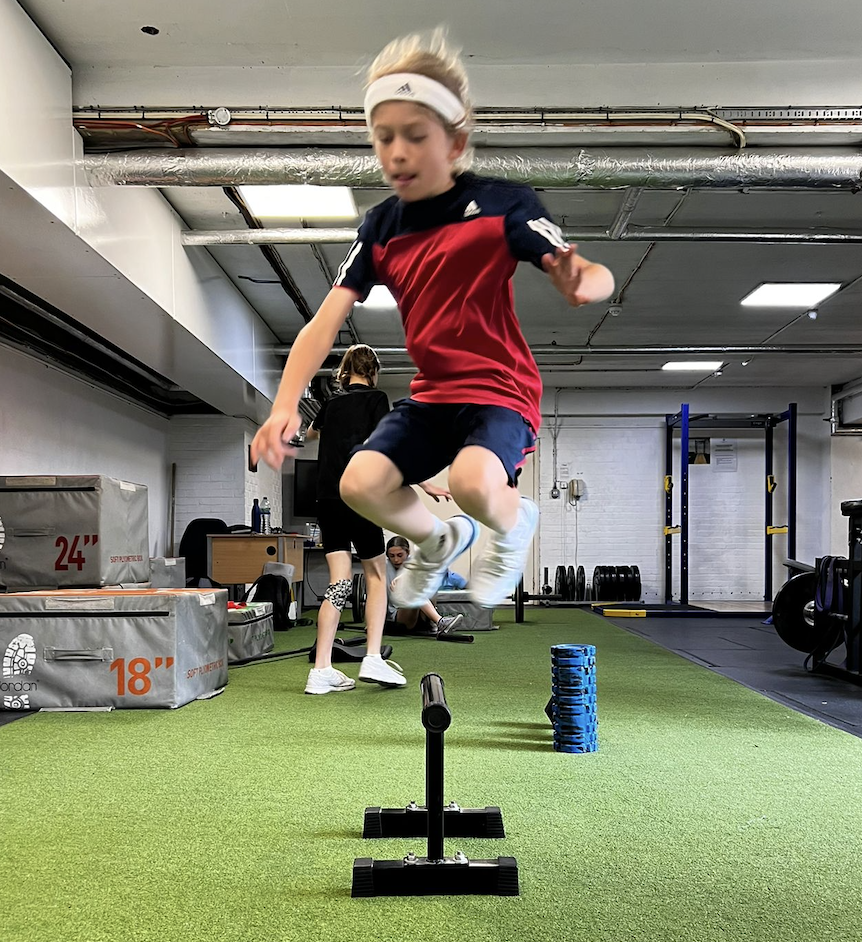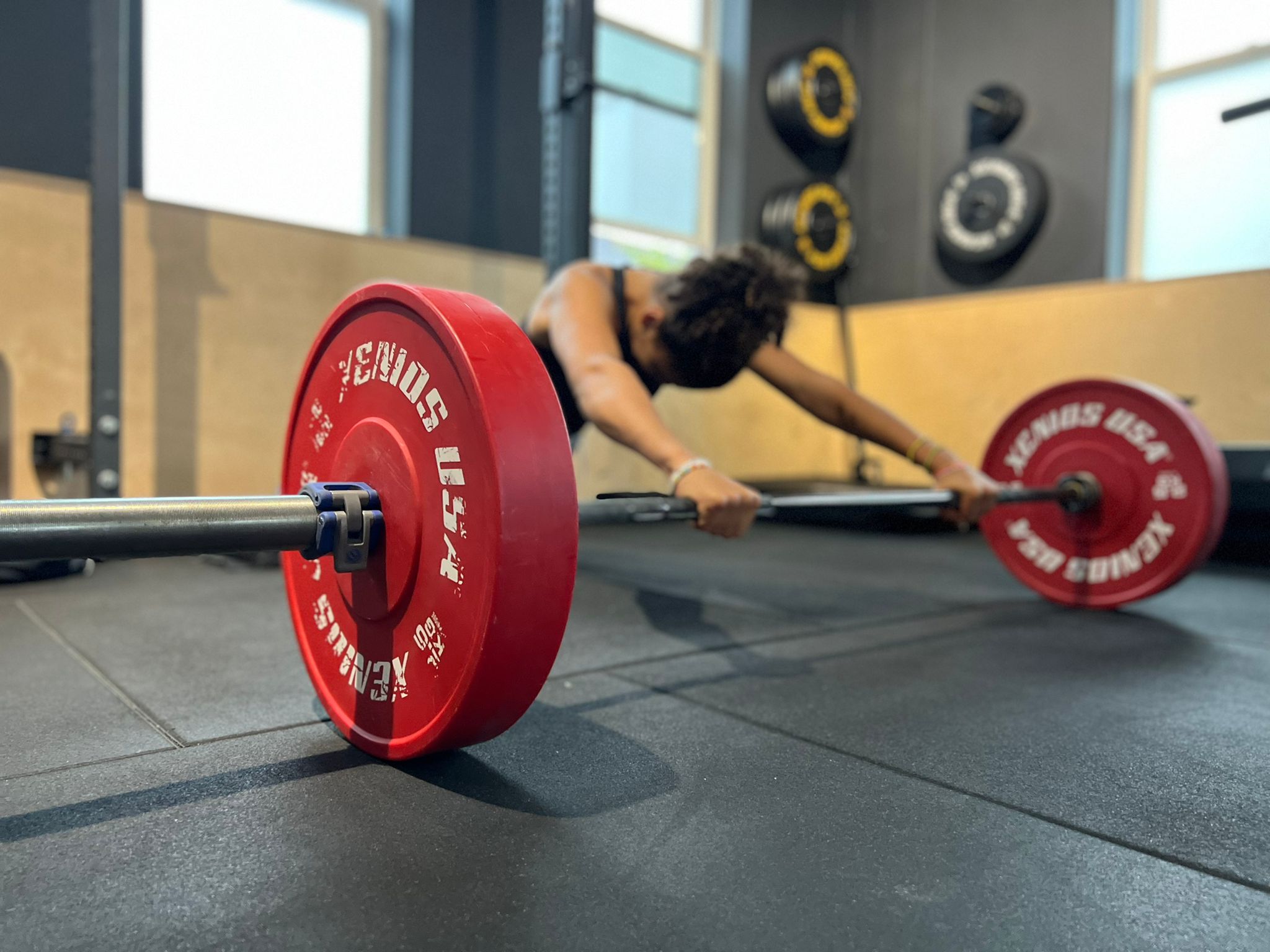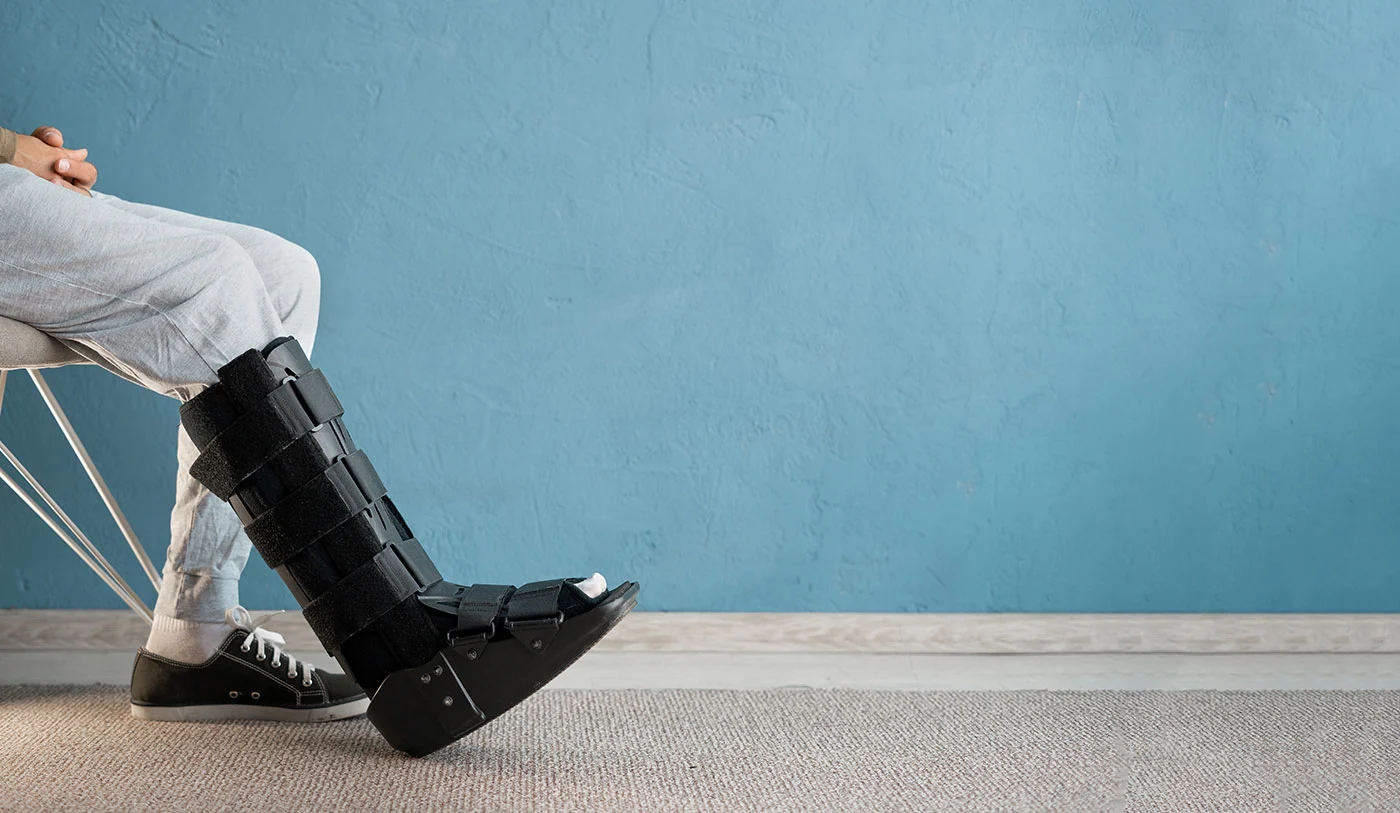

Balancing the Pressure: Youth Athletes, Exam Fatigue, and Recovery Strategies
In today's high-achieving culture, youth athletes are often juggling more than just sports practice. Academic pressure, especially during exam periods, can pile up quickly leading to physical and mental fatigue. The result? A dip in performance, compromised health, and, sometimes, a loss of motivation. Let’s unpack how academic stress affects young athletes and explore science-backed strategies for recovery and performance optimisation.
The Hidden Strain of Exams on Young Athletes
1. Cognitive Fatigue Impacts Physical Performance
When students cram for hours, their brains are taxed. This mental fatigue spills into their athletic life: reaction times slow, decision-making suffers, and coordination can become less precise.
2. Poor Sleep Quality
Late-night study sessions and screen exposure disrupt sleep patterns, undermining recovery. Lack of sleep not only increases injury risk but also hinders muscle repair and cognitive functioning.
3. Elevated Cortisol Levels
Chronic stress (from exams or performance pressure) triggers an increase in cortisol - the body’s primary stress hormone. Elevated cortisol can suppress immunity, increase inflammation, and reduce muscle recovery. These short exam-based factors will also amplify any already existing inefficient or negative performance strategies such as below:
- Individuals with perfectionist tendencies
- Negative parental involvement
- Players who feel they have little input into their training
- Perceived high expectations from significant others
- Less likely to use planning strategies/goal setting
Empower athletes with symptom awareness and self- monitoring and support by trying to recognise the signs and educate the athlete.
Signs of Exam-Related Fatigue in Youth Athletes
- Irritability or mood swings
- Drop in training performance or motivation
- Muscle soreness lasting longer than usual
- Difficulty concentrating
- Changes in appetite or sleep patterns
7 Optimal Recovery Strategies During Exam Season
1. Prioritize Sleep Over Late-Night Study
Aim for 8–10 hours of quality sleep. Encourage short power naps (15–30 minutes) post-school to boost memory consolidation and physical recovery.
2. Optimize Nutrition
Stress can lead to skipped meals or unhealthy snacking. Support the brain and body with:
- Complex carbs (oats, brown rice) for energy
- Lean proteins (chicken, tofu, eggs) for muscle repair
- Omega-3s (nuts, seeds, salmon) for brain health
- Hydration! Even mild dehydration affects cognition and endurance.
3. Active Recovery Days
On exam-heavy days, swap intense training for light activities like walking, yoga, or swimming. This helps maintain mobility and mental clarity without overexerting the body.
4. An Actual rest day
No training, no studying just good fuelling and hydration, good sleep and mental detox. This is hard to do but if it has been planned and revision and training scheduled in rest of week, it will be highly beneficial increasing academic and sports performance in short and long term.
5. Mindfulness and Breathing Exercises
Short, guided meditation or deep-breathing sessions (5–10 minutes) can reduce cortisol levels, calm nerves before both tests and matches, and enhance focus.
6. Time Blocking and Planning
Encourage youth athletes to plan their days using time-blocking methods dedicating set periods for study, practice, rest, and play. This creates structure and prevents last-minute panic.
7. Open Communication
Coaches and parents should be mindful of stress signals. Flexibility during exam weeks (adjusted training loads, rest days) can protect long-term development and well-being.

The Takeaways
- Youth athletes are under more pressure than ever balancing academics, athletics, and social expectations.
- Recognising the signs of fatigue and proactively implementing recovery strategies can help them thrive both in the classroom and on the field.
- Ensure your child has at least one rest day. Performance is a reflection of the correctly balanced training/rest/recovery over a year long programme
- Quality not quantity
- Educated player + supporting parent = empowered player
- Success isn’t just about pushing harder - it’s about recovering smarter.

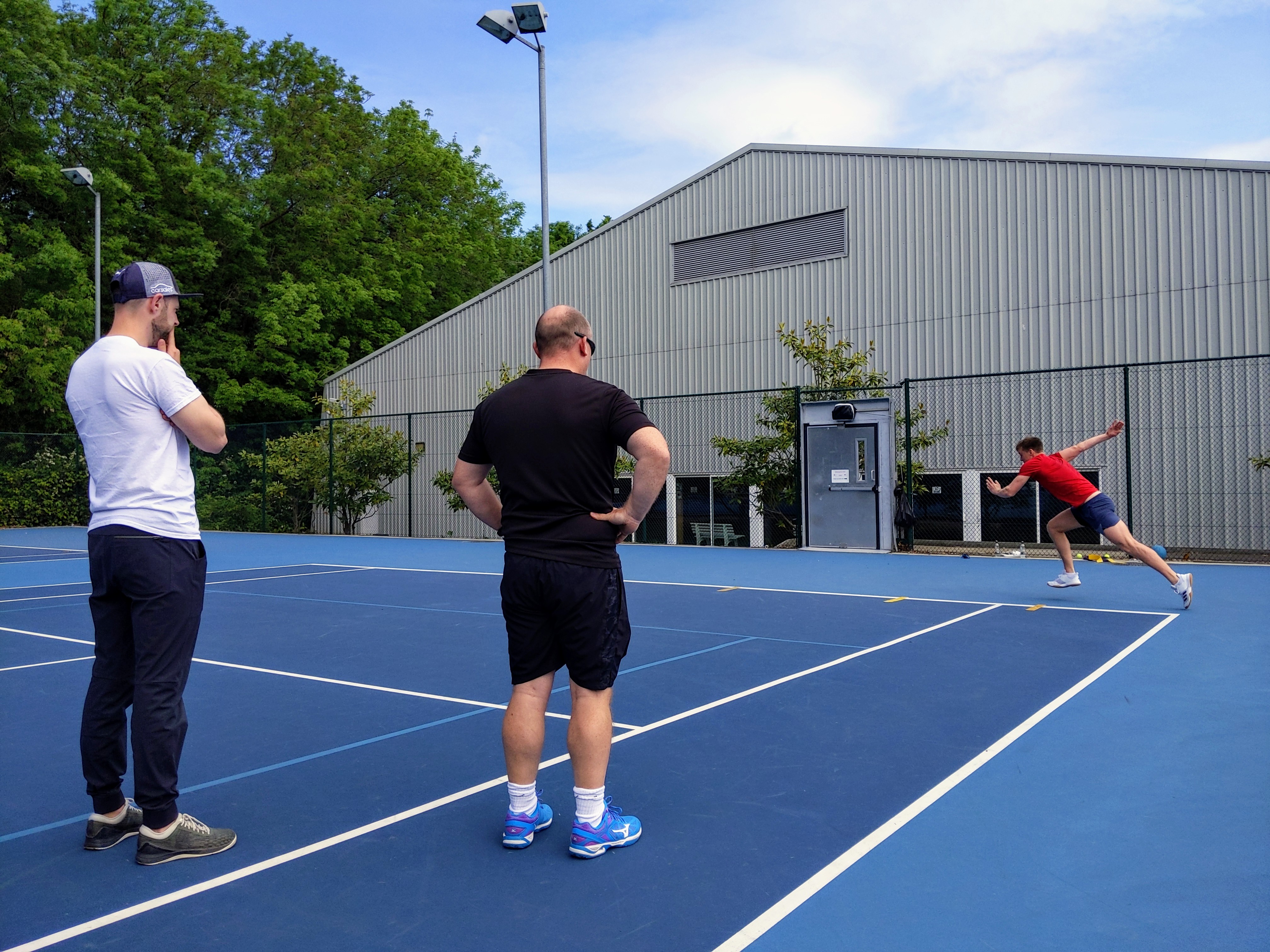
%20(1).jpg)
